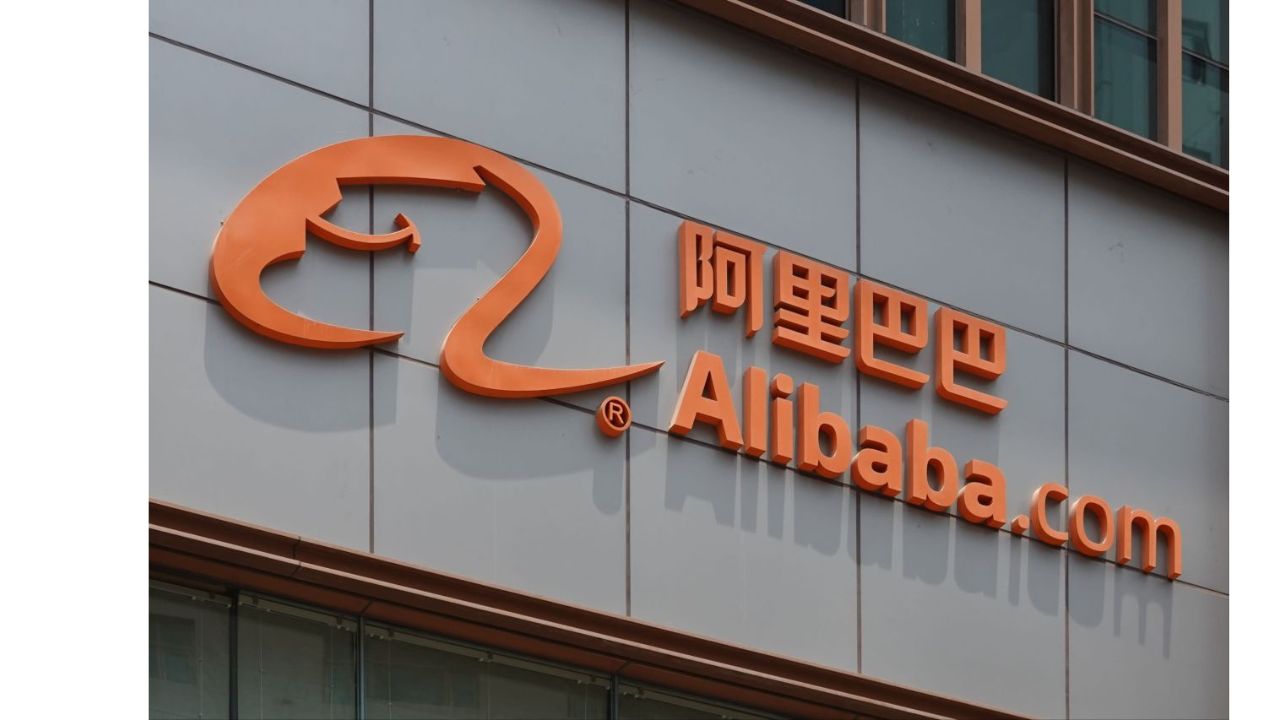The $433.5 million settlement agreed by the e-commerce behemoth Alibaba Group to settle a class action lawsuit filed by shareholders is a significant move for the firm. According to the lawsuit, Alibaba violated federal securities laws by deceiving investors about its exclusive policies. Even though the firm denied wrongdoing, the deal was a turning point in examining Alibaba’s business operations.
Details of the Settlement:
On Friday, Alibaba announced the settlement in a regulatory statement stating that it resolved to avoid the expenses and inconveniences of lengthy legal proceedings. Notwithstanding the allegations against it, this ruling demonstrates the company’s will to proceed and prevent more legal complications. It is important to remember that this settlement is subject to several requirements, including the court’s approval.

Background of the Lawsuit
The case was filed in the Southern District of New York U.S. District Court in March 2023. By making misleading claims regarding its antitrust and exclusivity policies, Alibaba was accused of violating federal securities laws. The plaintiffs contend that this boosted the company’s stock price, causing investors to suffer financial losses.
On behalf of all investors who bought or acquired Alibaba’s American depositary shares between July 9, 2020, and December 23, 2020, the lawsuit was filed against the corporation and certain directors and officials. This timeline is crucial since it includes the period during which the claimed deceptive acts occurred.
Allegations of Exclusivity Practices
The complaint claims that Alibaba implemented exclusivity policies that “required or coerced merchants to sell exclusively on Alibaba platforms” within the designated time frame. This raised questions regarding the company’s adherence to fair trading rules by punishing people who choose to sell on other platforms.
The complaint also said that Alibaba persisted in these actions despite having promised to stop them in July 2020 as part of a deal with China’s State Administration for Market Regulation (SAMR). The seriousness of the accusations against Alibaba is highlighted by the SAMR, which monitors e-commerce and implements anti-monopoly laws in China.
Implications for Investors:
The settlement serves as a reminder to the larger market about the significance of openness and respect to regulatory requirements, even though it represents a substantial financial commitment for Alibaba. Following a turbulent time characterized by worries about corporate governance and moral business conduct, the settlement of this case may offer some financial respite to shareholders.
This settlement demonstrates large firms’ difficulties in managing investor relations and compliance intricacies as the regulatory landscape changes. The outcome of this case may establish a standard for handling cases of this nature in the future, especially in the fiercely contested and quickly expanding e-commerce industry.
The payment serves as a reminder of the obligations of conducting business in a global environment, even as Alibaba attempts to overcome this legal obstacle. Shareholders and market watchers will monitor the case’s development and implications for Alibaba’s operations and reputation since the court’s permission is still waiting.


